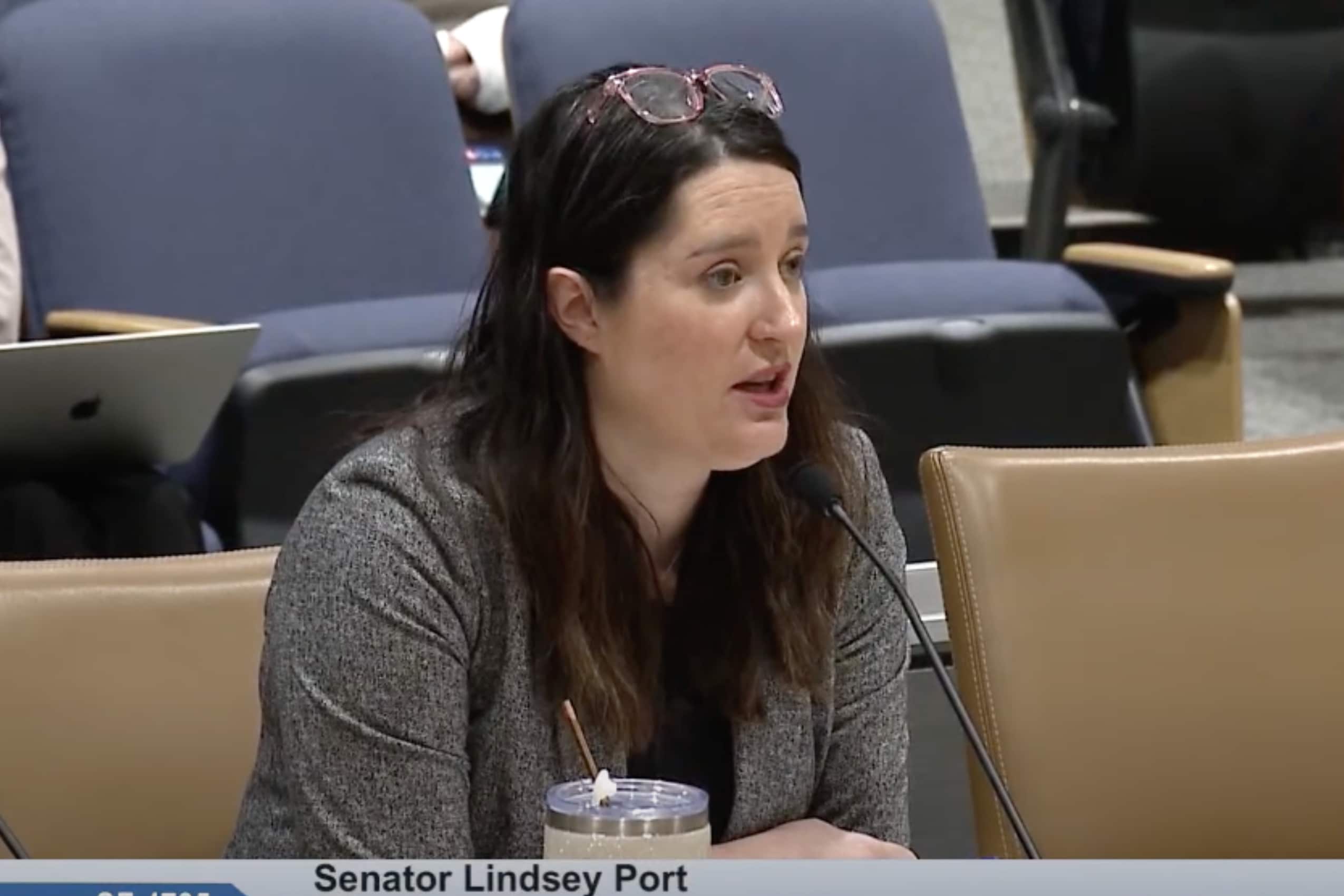
Over three dozen Democratic state legislators are supporting a bill that would allow the Minnesota Legislature to become a full-time legislature. Authored by House Majority Leader Jamie Long, D-Minneapolis, HF 4598 would ask Minnesota voters to amend the state constitution to allow for a full-time legislature.
Currently, the Constitution of the State of Minnesota says the Minnesota Legislature cannot meet for more than 120 “legislative days” per biennium. Additionally, the legislature is required to adjourn in May every year. As such, the Minnesota House and Senate do not typically meet from June through December. However, occasional, short-term “special sessions” can be called by the governor for certain situations when the legislature is not in regular session.
Therefore, the Minnesota Legislature is typically referred to as a “part-time” or “citizen” legislature. The vast majority of state legislatures in the Union do not operate on a full-time basis. Only a few states, such as California, New York, Pennsylvania, and Michigan, run full-time legislatures.
Should HF 4598 be passed into law, voters would be asked if the Minnesota Constitution should be amended to remove the requirements that the Minnesota Legislature only meet for 120 legislative days and adjourn in May. Specifically, the proposed law would put a constitutional amendment on the ballot proposing this change. The registered voters of Minnesota would decide whether to keep the legislature as it is, or change it.
In response to this bill, House Minority Leader Lisa Demuth, R-Cold Spring, decried the idea of a full-time legislature.
“Minnesota has a long tradition of being a citizen legislature,” said Rep. Demuth. “Legislators from all walks of life are elected to come to Saint Paul for four months, complete our work, and return to our districts for the remainder of the year. This bill would turn Minnesota into a legislature for professional politicians.
“Bringing more Washington DC-style politics to Minnesota is a horrible idea, it’s not supported by Minnesotans, and not something the legislature should be wasting time on this year,” Demuth added.
In fiscal years 2020-21, operating the Minnesota Legislature cost Minnesota taxpayers roughly $200 million.
Earlier this year, House Minority Leader Demuth and Senate Minority Leader Mark Johnson, both Republicans, stated their opposition to the idea of a full-time legislature. Similarly, Speaker of the House Melissa Hortman and Senate Majority Leader Erin Murphy, both Democrats, expressed their opposition to the idea as well.
However, HF 4598 is authored by House Majority Leader Long, the second in command of the House Democrats and Speaker Hortman’s chief deputy.
The constitutional amendment altering the legislature’s meeting schedule would also ask voters to approve the creation of an independent commission to draw congressional and legislative district lines. Furthermore, the amendment would ask voters if state legislators should be barred from being lobbyists while in office, and for one year after leaving office.
All three proposed changes are a part of the same amendment. As such, voters would have to either vote “yes” for all three, or vote “no” for all three. The text of the proposed amendment reads:
“Shall the Minnesota Constitution be amended to require an independent redistricting
commission to adopt boundaries for congressional and legislative districts following a
decennial census; to prohibit members of the legislature from serving as lobbyists while in
office and for a period of one year after leaving office; and to amend requirements related
to the timing and process for convening regular legislative sessions?”
During a Senate committee hearing Tuesday, Republicans said the three issues should be broken up into three distinct questions.
“They should be three separate ballot topics if this is the way we’re going to go,” said Sen. Andrew Mathews, R-Princeton. “What if there’s a voter who wants to have some form of a redistricting commission, wants to have a prohibition on legislator lobbyists, but doesn’t agree that the legislature should go full-time year round? What vote do they do then?”
The bill was ultimately passed out of the Senate Elections Committee, where it was carried by Sen. Lindsey Port, DFL-Burnsville.
“This would put us on equal footing with the executive branch and allow us to fully serve our communities should the need arise outside of our current limited timelines. Our communities don’t operate under the assumption that we have no power for half the year,” Port said of her bill.

Meanwhile, state legislators have already authorized a $729 million renovation project to update and expand the State Office Building (SOB).
A part of the Minnesota State Capitol Complex, the renovation and additions to the current SOB will provide lavish office space to members of the Minnesota House of Representatives, legislative staff, and the Minnesota Secretary of State.
Initially, the estimated cost of the building was more than $450 million. However, a letter from Minnesota Management and Budget (MMB) stated that when interest is included in the project, “the State will pay at the very most a total of $729,321,190.97 through 2044, or about $35.9 million annually.”
Republicans have roundly criticized the SOB renovation project as a “palace for politicians” and a needless waste of taxpayer dollars.












